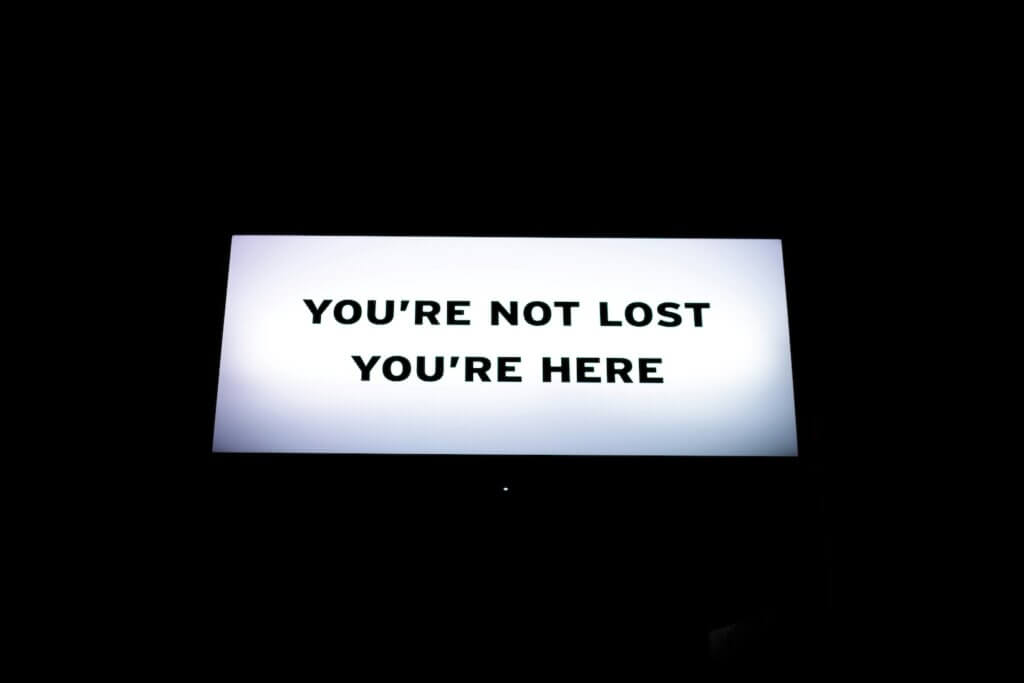Are you feeling lost career-wise, stuck on your current career path, and uncertain about where in the world you’re headed? You’re not alone — and you can move through it.
In this article, you’ll find tips and strategies for taking action to gain clarity, transforming the unknown into the right path toward a fulfilling career change.
Success isn’t linear, and your career doesn’t have to be, either!
So dive in to uncover the actionable steps that can help steer you out of feeling lost and onto firmer ground.
Key Takeaways
-
It’s normal to feel lost in your career. Admitting that you’re uncertain can let you pursue growth and discovery more openly. You may want to talk with a career transition coach for support and structure.
-
Moving forward and choosing your next step means assessing your priorities and understanding what type of support can best help you.
-
Building a supportive network, trying new things, and celebrating small wins are all crucial strategies for progressing and reinventing your professional identity during a career transition.
1. Embracing the Uncertainty of Your Career Change Journey
With strategic job-hopping becoming more common, the old standard of landing a job and staying there for decades now feels antiquated. Today, our careers aren’t necessarily linear paths that lead us from college to retirement.
So while it may be uncomfortable to feel lost and uncertain, think of it this way: this feeling can be the catalyst for personal growth and discovering new opportunities you wouldn’t otherwise find.
If you’ve been feeling unfulfilled in your job or jobs for years, you may have lost touch with your passion. It may feel like you don’t know who you are or what you want from your career. So this is a chance to explore other potential positions, take calculated risks, and find yourself again.
2. Navigating Through the Fog: First Steps to Finding Clarity

During this foggy phase, self-reflection is the way forward. When you feel stuck, reflecting on your experiences and identifying what you want to achieve can help align your career decisions with your personal goals and values.
Your passions and interests can also serve as important guides. When your career becomes a grind, you may forget that it’s possible to have a job that incorporates your interests, passions, and talents — but it is!
Your interests can not only point you toward interesting hobbies or volunteer work, but they can also illuminate the path toward a more fulfilling career and unique job opportunities.
And while we aren’t for toxic positivity here, a generally positive outlook and growth mindset are helpful assets in times of uncertainty.
This helps you see opportunities instead of focusing on the negative, prioritize growth instead of wallowing in feeling stuck, and maintain or build your confidence as you prepare for the next step.
3. Identifying Your Next Step and The Right Support
When you know where you want to go next, planning your career path is like picking your route for a road map.
You’re certain of your starting point and end point, and now you get to choose which route to take to get there.
But when the destination is unclear, how do you decide your next step?
It all depends on what you want.
For example, if you want to break free and change careers — have you researched alternate industries or are you feeling totally lost on where to start?
Are you ready to figure this out now or are you too busy, needing to spend more time on other priorities in life?
Do you prefer the support of others when answering major life questions, or do the best answers come to you through self-reflection on your own?
If you are someone who seeks support from others, are friends and family the right choice for you, or do you need a more neutral accountability partner?
If the latter, career transition coaching could be a great choice. The right career coach can help you identify your best career choice, discover your ambitions, and create the right plan to reach your goals.
These questions give you clarity and can guide you in the right direction when considering a career change.
4. Trying New Things

While stepping out of your comfort zone is intimidating, try asking yourself this —
Is your comfort zone really that comfortable?
If you’re considering a career change, the answer might be no.
Remember the feeling of adrenaline the last time you took a leap of faith? Maybe it was going ziplining for the first time, running your first half marathon, or getting the promotion you didn’t think you would. That’s the feeling of breaking out of your comfort zone.
It’s about looking at things from a new angle, pushing your boundaries, and exploring the unknown — and maybe even the occasional side hustle (though they aren’t for everyone, and that’s ok!)
To be blunt:
You’ll never stop feeling lost if you don’t try new things.
It hurts — but it’s true!
And you might be surprised at what’s waiting for you on the other side.
5. Building a Supportive Network

Having a supportive team to talk to is invaluable when transitioning careers. This team might include:
-
Friends
-
Family members
-
Colleagues
-
A mentor
-
A coach
-
Your supervisor (if they’re the supportive kind!)
From coffee dates to video calls, each of these individuals can be involved in different ways. They may be a supportive listener, provide guidance, or even open doors for you.
In particular, the support of a career coach can be helpful in your professional life. This support can alleviate the stress of the unknown, providing structure and goal-focused support as you figure out the right direction.
Whether you’re seeking a new job or considering starting your own business, a career coach can help reignite your passion.
6. Celebrating Progress: The Power of Small Wins
The path to a new career can feel like a marathon, not a sprint. And any distance runners out there know that it’s important to take care of yourself throughout the whole race. Don’t just wait until the end to celebrate! Otherwise, you might give up.
That’s why it’s key to celebrate the small wins. These little victories help keep you motivated and give you a sense of progress, especially when the end goal feels distant.
What’s a small win? Maybe you researched an interesting industry with applicable transferable skills, found a business whose mission speaks to you, connected with someone who’s been through career uncertainty, or set up a free discovery call with a coach to talk about changing careers.
Whatever it is, don’t forget to pause, reflect, and acknowledge your efforts with some well-deserved self-care.
Remember: every step, no matter how small, is a step toward your new world.
If you’re unsure how to celebrate, here are a few suggestions:
-
Take a walk or go for a run or bike ride somewhere scenic
-
Rejuvenate with a spa day, massage, hair appointment, or similar
-
Movie night: watch a new movie or old favorite with a friend
-
Check out that new restaurant you’ve been excited to try
-
Book a PTO day or half-day for a staycation
If none of those ideas is your idea of a celebration — at least you now know what NOT to do!
Other people’s lists aren’t important. Just make sure it’s personally exciting to you.
So, what would you rather do?
Summary: Finding Alignment on Your Career Path
Navigating through a “feeling lost” career phase is complex. It requires embracing uncertainty (while moving the needle towards a bit more self-certainty), self-reflection, getting involved in new things, seeking support, and celebrating small wins.
But with the right mindset, tools, and support, you can make it through and find a career that aligns with who you are — and who you want to be.

“Feeling Lost” Career Phase FAQs
What should I do if I feel lost in my career?
When feeling lost in your career, remember that uncertainty is just a phase on the way toward clarity. It’s also a sign to try new things! Take a fun quiz, engage in self-reflection with a free checklist, focus on things that excite you, and maybe for a little while… try to care less about work. These steps can help you gain new perspectives, connections, and motivation to navigate your career.
Is it normal to feel lost in your career at 30?
Feeling lost in your career at 30 — or at any time in our lives — is completely normal. It’s okay to feel overwhelmed and unsure about your next steps — you’re still on the right track! If you’re considering a career change in your 30s, it may help to know that that’s exactly how Lucy got into career coaching.
What to do if you are unhappy with your career?
If you’re unhappy with your position, employer, or industry, it’s important to admit it and determine the cause of your unhappiness. Trying to ignore it will prolong your unhappiness, keep you stuck, and ultimately make things worse.
Once you acknowledge it, you can spend time figuring out what’s contributing to that unhappiness. Then you can develop a strategy for making a change — alone, with the support of friends and family, or with the trained support of a career coach.
How can I embrace the uncertainty in my career journey?
Embrace uncertainty by understanding that finding the right career path takes time and introspection. You can take this time to explore new possibilities, take calculated risks, and seek support and guidance from friends, family, a mentor, or a coach when needed. This will help you navigate through uncertain times, get to know yourself better, and identify your best path.

How can self-reflection help when I’m feeling lost in my career?
Self-reflection can help you understand the root of your unhappiness, unify your goals and values with career opportunities, and be gentle with yourself through uncertainty. You’ll get to know yourself better, which allows you to make the best and most informed decision about your path forward.



